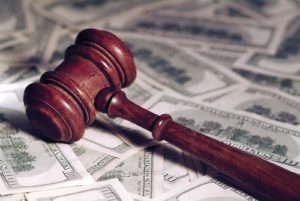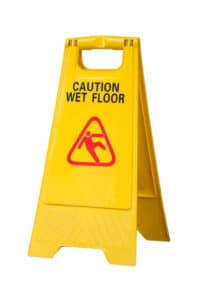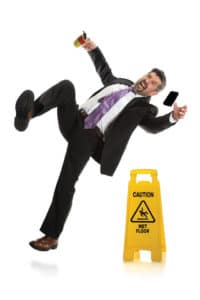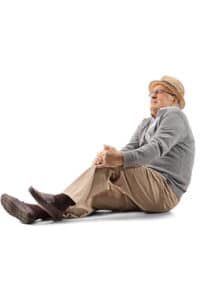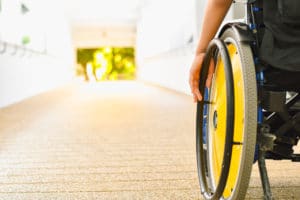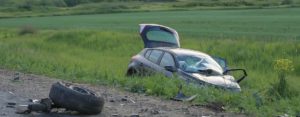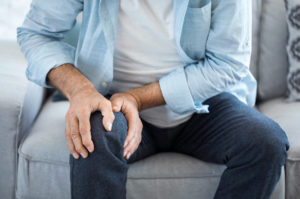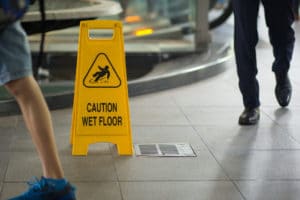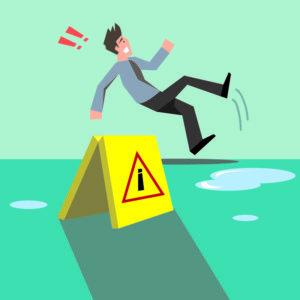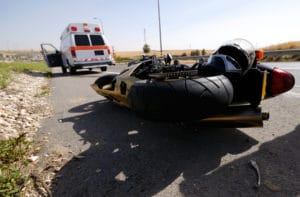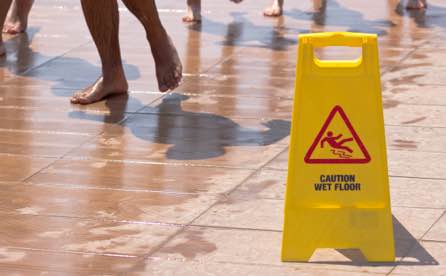
If you have been injured on someone else’s property, you may be able to sue the property owner to recover damages through a premises liability case. The laws governing whether you have a valid claim to recover damages for your injuries are complex and often require an attorney to determine the potential liability. Most premises liability claims settle prior to a trial; however, if your injuries are severe and you and the property owner are unable to come to a fair settlement through negotiations and other pretrial procedures such as arbitration or mediation, a trial may be necessary. As a plaintiff in such a case, you have the right to a jury trial.
Each case is different, and many factors enter into property owner liability and potential awards. An attorney who understands this legal territory is necessary in order to pursue a premises liability case. If a court case is required, you may be able to ask for both compensatory damages, i.e. the property owner paying your medical bills, lost wages, loss of future earnings due to the injuries, and pain and suffering; and punitive damages if the property owner was especially negligent. The following are general legal principles and doctrines that govern these types of cases but should not be taken as legal advice.
What needs to be proven in a premises liability case?
In order to have a valid premises liability claim, your lawyer will need to establish five facts:
- That the person you’re suing (the defendant) owned or controlled the property at the time of the injury
- That you (the plaintiff) had permission to be on the property at the time of the injury
- That a dangerous condition existed at the time of the injury
- That the defendant knew or should have known about the dangerous condition
- That the dangerous condition caused your injuries
In a trial, the above five facts must be proven “by a preponderance of the evidence,” which means that it is more likely than not that the defendant’s negligence caused the injuries. The court will attempt to establish a percentage of liability under Nevada’s comparative negligence doctrine (NRS 41.141). This means that even if you were partially at fault for the accident (50% or less), you may be entitled to recover damages at a reduced rate.
Property Owner’s Reasonable Duty of Care
A property owner must act in a reasonable way to prevent dangerous conditions on their property. Furthermore, if dangerous conditions exist, property owners may have obligations to warn others of those conditions.
The defendant’s reasonable duty of care may be determined on what type of guest you were at the time of the injury. The courts recognize three types of guests on someone else’s property:
- Invitees
- Licensees
- Trespassers
For example, a visitor to a restaurant who is purchasing food and eating would be considered an invitee. If you are on the premises installing a new computer system to facilitate the business, you could be considered a licensee. If you have stopped at a fast food restaurant or convenience store to use the bathroom without intention to purchase a product, you could be considered a trespasser.
The courts have established that property owners may have a reduced liability to those they have not invited onto their property (trespassers); however, a property owner may not intentionally injure or harm a trespasser.
Property owners may be required to warn others of dangerous conditions on their property if they knew or should have known about the condition, depending on how open and obvious the condition is. Whether the property owner should have known about a condition has to do with the facts of the case and will be determined at trial.
Common Las Vegas Premises Liability Claims
Las Vegas presents an environment where you may have a premises liability claim if you were injured on someone else’s property. Common types of premises liability cases include:
- Slip and fall accidents in casinos, restaurants, and stores
- Defective elevator and escalator accidents
- Faulty carpeting accidents
- Slippery or waxed floor accidents
- Lack of security
- Swimming pool and water park accidents
- Concert accidents
- Uneven or unclear walkways
- Unmarked construction areas
The Richard Harris Personal Injury Law Firm Represents Those Injured by Others’ Negligence
Cases involving injuries sustained on someone else’s property depend on a number of factors. The foreseeability of a potential hazard and the warning given for known or potential hazards are only two factors. The court attempts to determine whether reasonable care was exercised by the property owner to prevent injuries due to both obvious and not so obvious hazards. Premises liability is a complex and evolving area of the law which requires the skills of a knowledgeable and experienced attorney to protect your rights under the law. If you were injured on someone else’s property due to that property owner’s negligence, you may have grounds to file a claim for medical and other expenses incurred by you as a result of the injury. Call us today to discuss your potential case at (702) 444-4444.




















